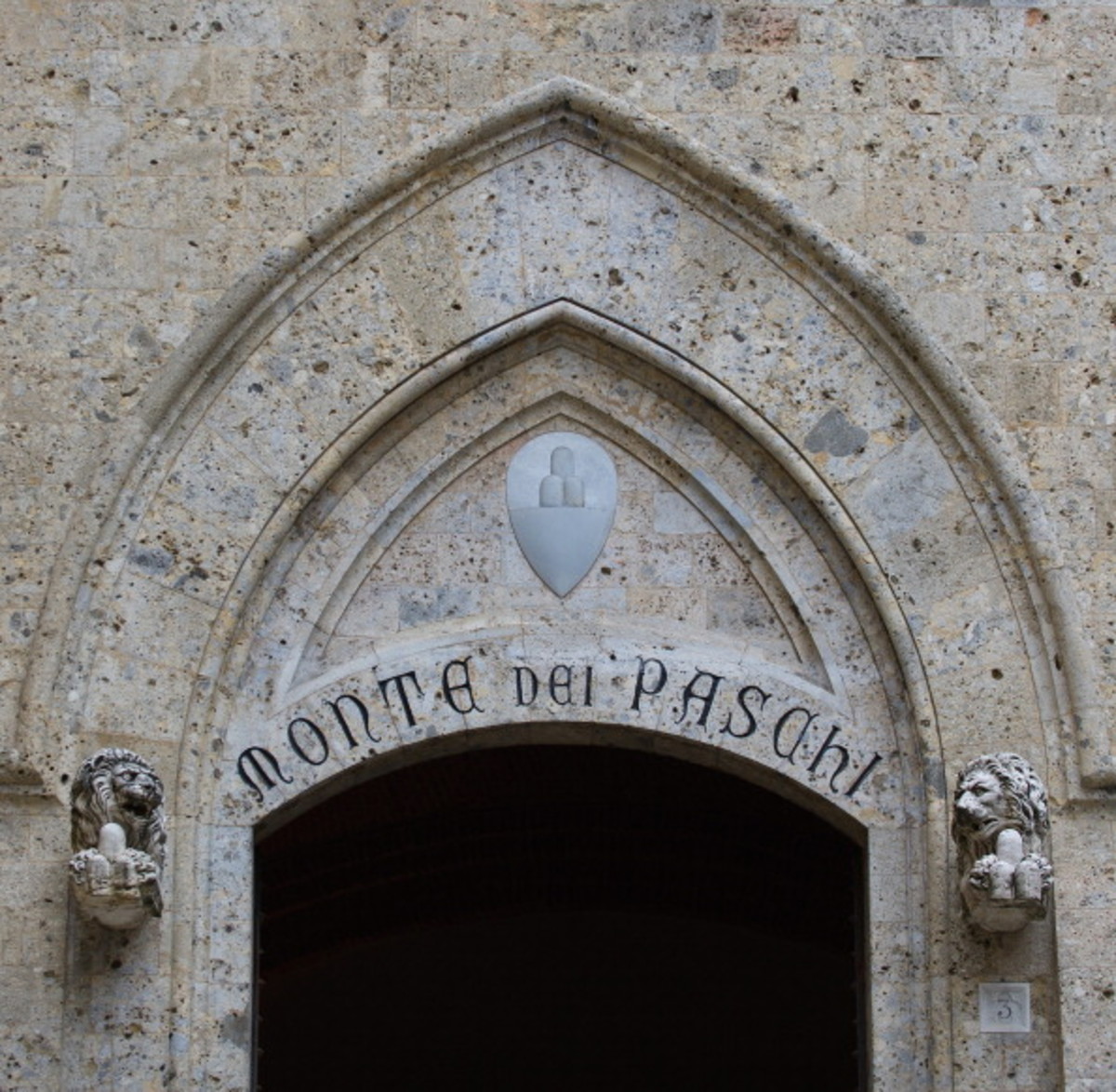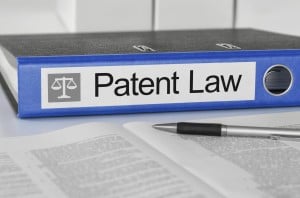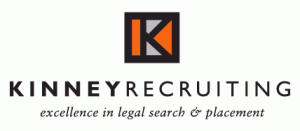One of the biggest shocks I experienced as a young IP associate came after a few months as a junior associate in the New York office of a Biglaw firm. Things were busy, as I found myself being assigned to a number of cases that were in various stages of development within the IP group. Hard work and long hours were expected, so there was nothing surprising about my workload. What was shocking to my naive young legal practitioner mind, however, was that none of the cases I was working on were in New York! The shock quickly wore off as I learned that this was simply the nature of IP practice, which involves working in the main with federal laws and courts. As my career has progressed, many New York-based cases have also come along, even as the majority of my caseload nearly always seems to be centered outside of my home state. In fact, over time, the national (and increasingly international) nature of my practice has been a source of great satisfaction, both in terms of developing relationships with lawyers around the country and with getting to practice before different courts as well.
One thing patent litigators quickly learn is that there is a great distribution of litigation talent nationwide. While the patent bar — especially the segment that handles high-stakes cases — may seem small, there is no doubt that there is a plethora of talent in every major IP locale. Moreover, technological advances and a burgeoning entrepreneurial spirit have led many former Biglaw patent litigators to open their own shops, secure in the knowledge that they can compete with their former colleagues for business and results. As a small firm owner myself, I particularly enjoy the opportunity to interact with others who have made a similar leap. Recently, I had the pleasure of meeting Michael Hilgers, a former Fifth Circuit law clerk and Fish & Richardson attorney, who also happens to be serving as a state senator for Nebraska’s District 21, serving in the nation’s only nonpartisan legislature.
The political gig is a part-time one, as Mike is busy running the law firm he co-founded, Hilgers Graben PLLC, out of his office in Lincoln, Nebraska. With 30+ lawyers in multiple states, Mike has built Hilgers Graben into a very viable option for sophisticated clients looking for cost-effective, but still top-drawer, representation in litigation matters. What is striking about how Mike and his colleagues position their firm is how they have turned their unique geographic setup into a marketing tool, by what Mike calls “Geo-Arbitrage” — clients can enjoy Biglaw-caliber legal representation at a fraction of the cost due to the firm’s main location in Nebraska instead of a major metropolis. (Their Lincoln headquarters is stocked with alums of law schools like University of Chicago, Harvard, and Stanford.) In my view, this approach provides a great example of a firm approaching marketing from the position of playing to its strengths, while recognizing — but also answering — potential client concerns about the firm’s resources and ability to compete with Biglaw alternatives.
Overall, I found Mike’s story a very interesting one, and he graciously agreed to a written interview for this audience. As usual, I have added some brief commentary to the answers below and in next week’s second installment, but have otherwise presented Mike’s answers as he provided them.
1) You were local counsel in a very large ($100M+ damages claim) patent case in Nebraska recently. While that role sometimes gets short-shrift, you ended up having a key role throughout, including at trial. What did that experience teach you?
MH: Be grateful to those who give you opportunities and look to pay it forward. Opportunities in big trials do not come around very often, and the major pieces of the case, from picking the jury, to openings, key crosses, and closing, often go to the most senior lawyers on the lead trial team. My co-counsel and team are as good as it gets and they gave me the opportunity to play a meaningful role in a big case — roles they could have saved for themselves. I’ll forever be grateful for the opportunity and I am always looking to pay that forward in other cases.
Having local expertise is important, but less so than you might think or might have been true in years past. It is possible to have a nationwide federal court practice even if you’re not located in that jurisdiction. That is especially true with patent litigation. With the Federal Circuit hearing nationwide appeals on patent cases, you have one court setting standards nationwide, and with top patent venues adopting similar model patent rules, the process is largely familiar across districts. Trials, hearings, and Markman typically happen with enough advance notice that you can travel for the hearing. That isn’t meant to minimize the importance of knowing the judges, or the juries, and having a local presence (and our Texas presence is important for cases in the Eastern District), but it is not always necessary to be personally located in the district to have a successful practice there.
GK: Mike’s message about gratitude and paying things forward should resonate with each of us. The impetus is on us as lawyers to demonstrate gratitude to those who have entrusted us with opportunities, while never shying away from affording similar opportunities to those we work with or supervise. Likewise, Mike’s point about the basic contours of patent litigation being similar nationwide resonates with me, especially in light of the experiences I referenced at the beginning of this column.
Next week, we will conclude our interview with Mike, focusing his experience as a Biglaw refugee running a law firm from the heartland.
Please feel free to send comments or questions to me at gkroub@kskiplaw.com or via Twitter: @gkroub. Any topic suggestions or thoughts are most welcome.
Gaston Kroub lives in Brooklyn and is a founding partner of Kroub, Silbersher & Kolmykov PLLC, an intellectual property litigation boutique, and Markman Advisors LLC, a leading consultancy on patent issues for the investment community. Gaston’s practice focuses on intellectual property litigation and related counseling, with a strong focus on patent matters. You can reach him at gkroub@kskiplaw.com or follow him on Twitter: @gkroub.
 Staci Zaretsky is a senior editor at Above the Law, where she’s worked since 2011. She’d love to hear from you, so please feel free to email her with any tips, questions, comments, or critiques. You can follow her on Twitter or connect with her on LinkedIn.
Staci Zaretsky is a senior editor at Above the Law, where she’s worked since 2011. She’d love to hear from you, so please feel free to email her with any tips, questions, comments, or critiques. You can follow her on Twitter or connect with her on LinkedIn.









 Kathryn Rubino is a Senior Editor at Above the Law, and host of
Kathryn Rubino is a Senior Editor at Above the Law, and host of 




